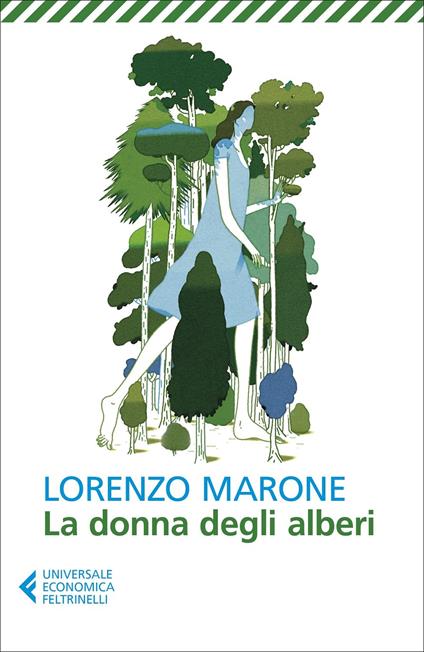
I leave behind me the things I don’t understand, the things I can’t change, the hostile gaze of those who don’t know you, the plastic bottles, the city full of absence, the cell phones that steal time. I leave the world of winners, of those who feel like winners, the noise of their racing cars, the television of appearances, the rubbish on the ground, the car in front of the disabled people’s descent, the widespread indifference. I leave the idea that we shouldn’t get bored, and those who don’t show doubts, those who don’t have time to say hello, the mobile phone repeaters on the roofs. I leave behind the screams of prevarication, and those that make a spectacle, the anniversaries that make me more alone, and the idea of profit. I leave the belief that life is always about taking a little more, the indifference towards the animal world, the fear of what is unknown, I leave the walls that suffocate, those who skip the queue, cigarette butts on the street, the sharing of everything, the idea of doing things before others, the search for a bargain, which means taking advantage, the heat of the concrete summer nights, the starless sky.
It is a lonely and restless woman, fleeing from the city, in which everything is frenetic and for sale, the one who returns to the old childhood cabin on Monte. Torn by pain, by loneliness, perhaps by the guilt of a past that will never be dug up as the stories unfold, she retreats to the mountain, to the places where she was a child, to live without that recent past that she wants to forget, to give herself a new opportunity.
Written as a diary, The Woman of the Trees is marked by the months that pass; it records how the woman learns to synchronize with nature from the initial disorientation.
The house tells her of her parents and her childhood in those woods. The teachings of her father and mother on the crafts of the forest and the secrets of the forest resurface like her memories that resurface after a long amnesia. Slowly, the woman returns to knot the threads of her childhood with her present and becomes part of the seasonality and cyclical nature of the life of an environment that welcomes and cares for her. A Fox will become friends with her, visiting her constantly. An eagle owl rests under her roof and hoots at nightfall. The Dog will follow her every step.

Pages: 224 p., Paperback | EAN: 9788807034145
She will realize that she is not alone: there is the man in the red jacket, who comes and goes. Down in the valley, they call her the Stranger: he wants to rearrange the refuge and plant fir trees on the north side of the mountain. There is the Healer, silent from birth, who understands the language of plants and gives birth to children; the Red, who manages the town inn; the Benefactress, who nourishes her with food and care. Women who know how to shelter broken souls, and who like her try to live fully in their corner of the world.
It will be after planting trees that she will be able to see, through that new name they gave her, those roots that developed without her full awareness, and that will allow her to call that place “home”.
Un libro dalla prosa e dal linguaggio esatti, che riesce a creare un’atmosfera delicata e a tratti drammatica e nel quale Lorenzo Marone mostra la difficile capacità di entrare in modo stupefacente nella psiche e nei pensieri di una donna. Un racconto in cui i personaggi non hanno un nome proprio, ma quello che rappresentano per la protagonista, nomi che sono l’essenza delle anime e dei sentimenti che esprimono.
The accurate prose and language manage to create a delicate and, at times, dramatic atmosphere, in which Lorenzo Marone shows the astonishing ability to enter the psyche and thoughts of a woman. In the story the characters do not have their names, but the ones they represent for the protagonist, names that are the essence of the souls and feelings they express.
Credits
Author: Anna Lacci is a scientific popularizer and expert in environmental education and sustainability and in territory teaching. She is the author of documentaries and naturalistic books, notebooks and interdisciplinary teaching aids, and multimedia information materials.
Translation by Maria Antonietta Sessa



